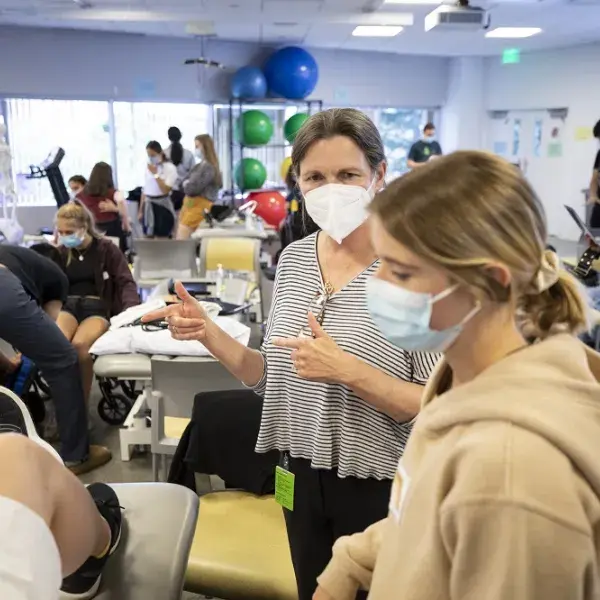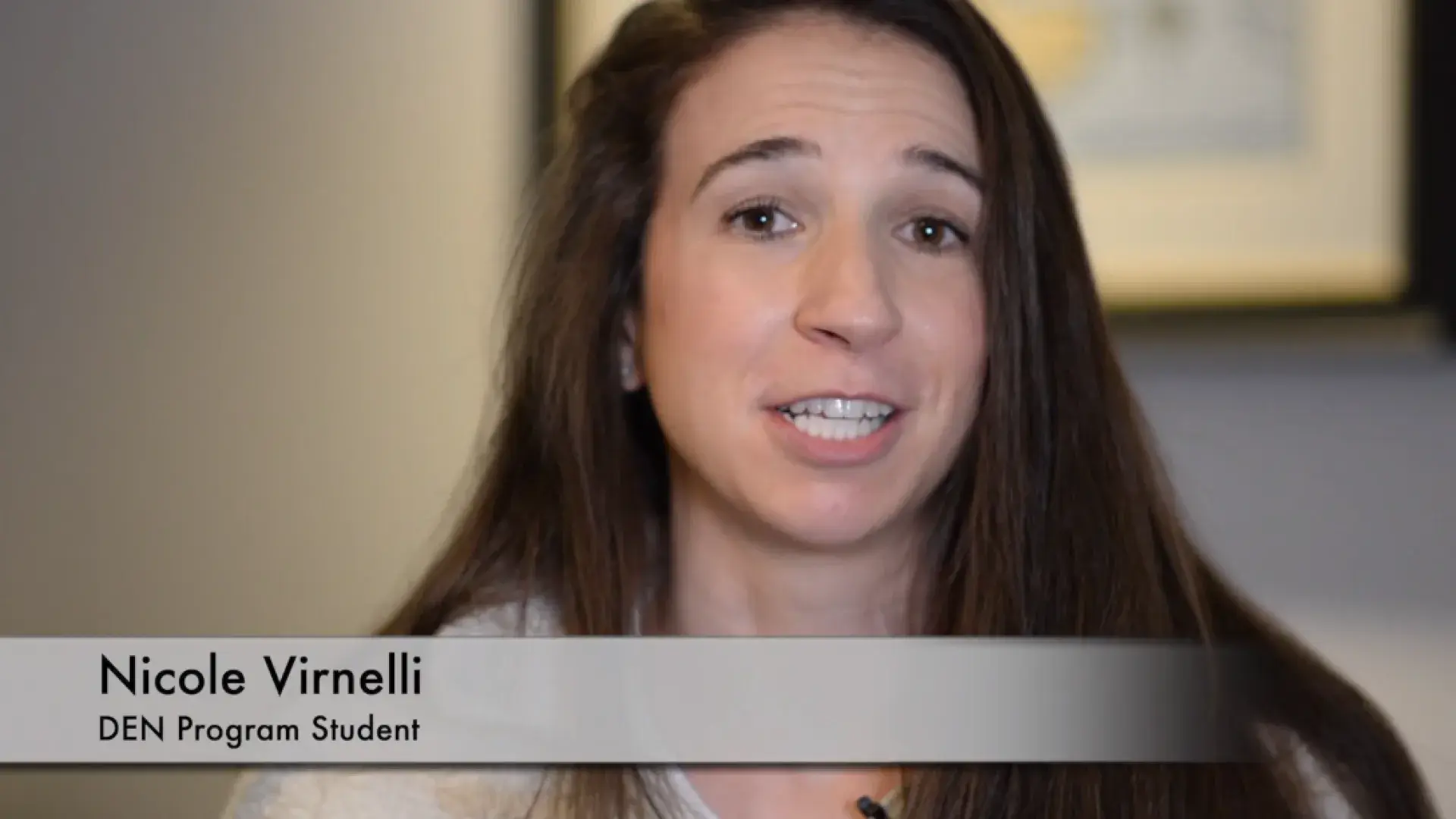
Your Second Lane
To smooth faculty members’ entry to Lane 2, the Institute offers several opportunities to enhance teaching effectiveness. New faculty members are strongly encouraged to enroll in a course to get familiar with theories of adult learning in health professions education. All faculty members are welcome to participate free of charge.


